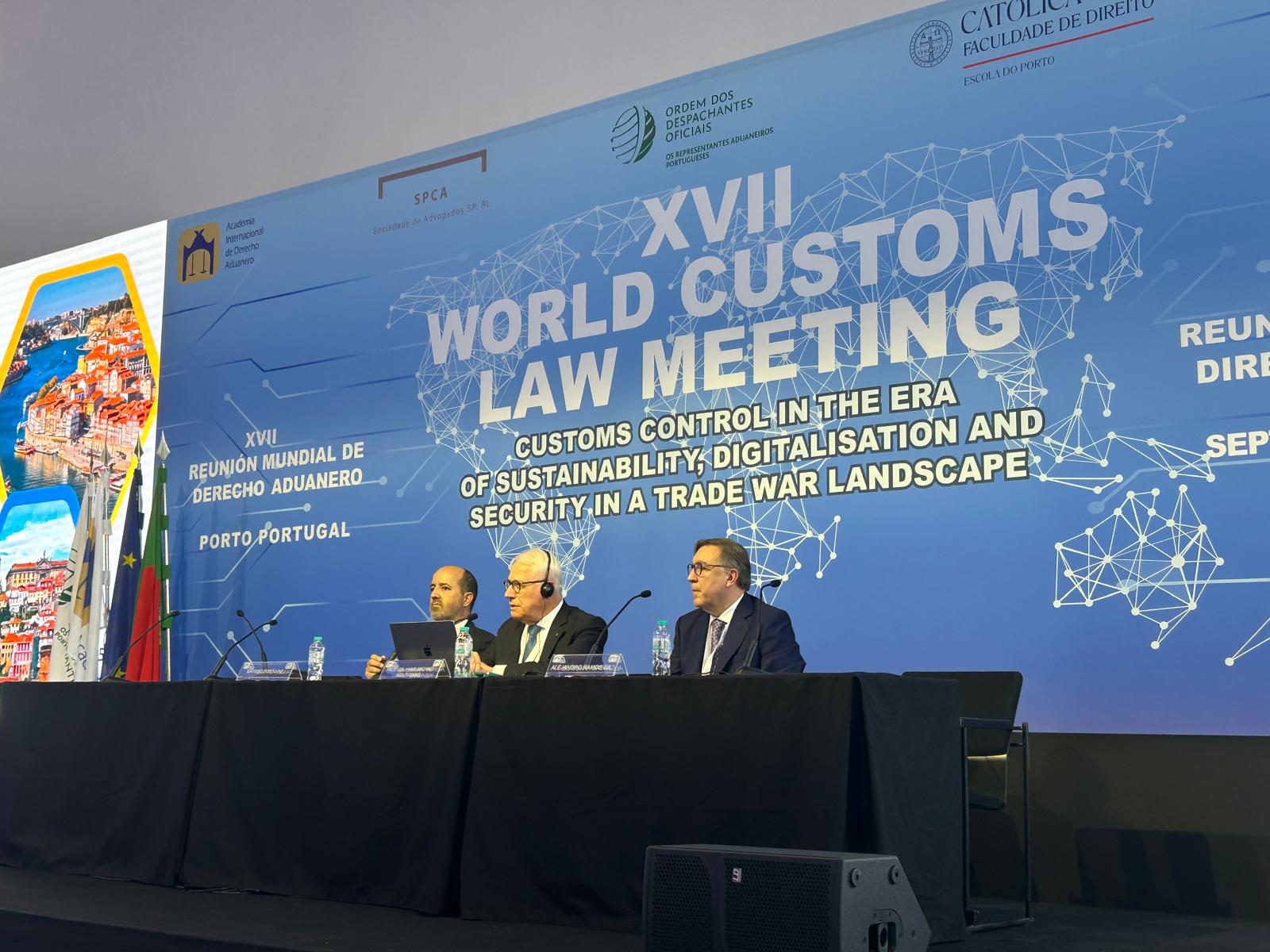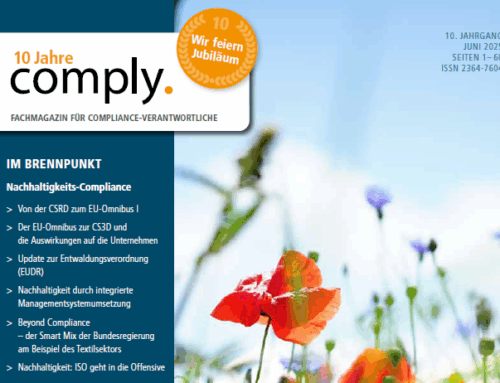Professor Wolffgang moderates panel at the 17th World Customs Law Meeting
September 26, 2025
The 17th World Customs Law Meeting took place in Porto from 3rd to 5th September. As part of the panel discussion “Harmonization and Integration: Geopolitical and Trade Policy Instability,” Professor Wolffgang moderated an interactive session on the topic of tariff increases, anti-dumping duties, sanctions, and export controls as factors in trade conflicts.
In his opening speech, Professor Wolffgang highlighted five key aspects of current trade conflicts: First, the US tariff policy under President Trump, which has led to a massive increase in import duties, thereby slowing down global trade and economic growth. The second aspect he mentioned was the reaction of the financial markets, which led to a massive stock market crash, while consumers and businesses in the US were confronted with higher costs and lower purchasing power. The third point highlights the increasing fragmentation of the global economy, often referred to as “deglobalization.” More and more countries are turning to protectionism, destabilizing supply chains, increasing production costs, and limiting innovation. The fourth aspect he mentions is the crisis at the World Trade Organization, whose appeals system is blocked and whose outdated rules leave many disputes unresolved. Finally, the fifth point focuses on the regional consequences of trade conflicts. India, Australia, and China are struggling with higher costs, disrupted supply chains, and declining exports.
In conclusion, Professor Wolffgang emphasized that trade wars are by no means abstract events, but have a direct impact on growth, prices, and stability, with tangible consequences for companies, investors, and consumers. Such conflicts also highlight how fragile the global economy has become.





